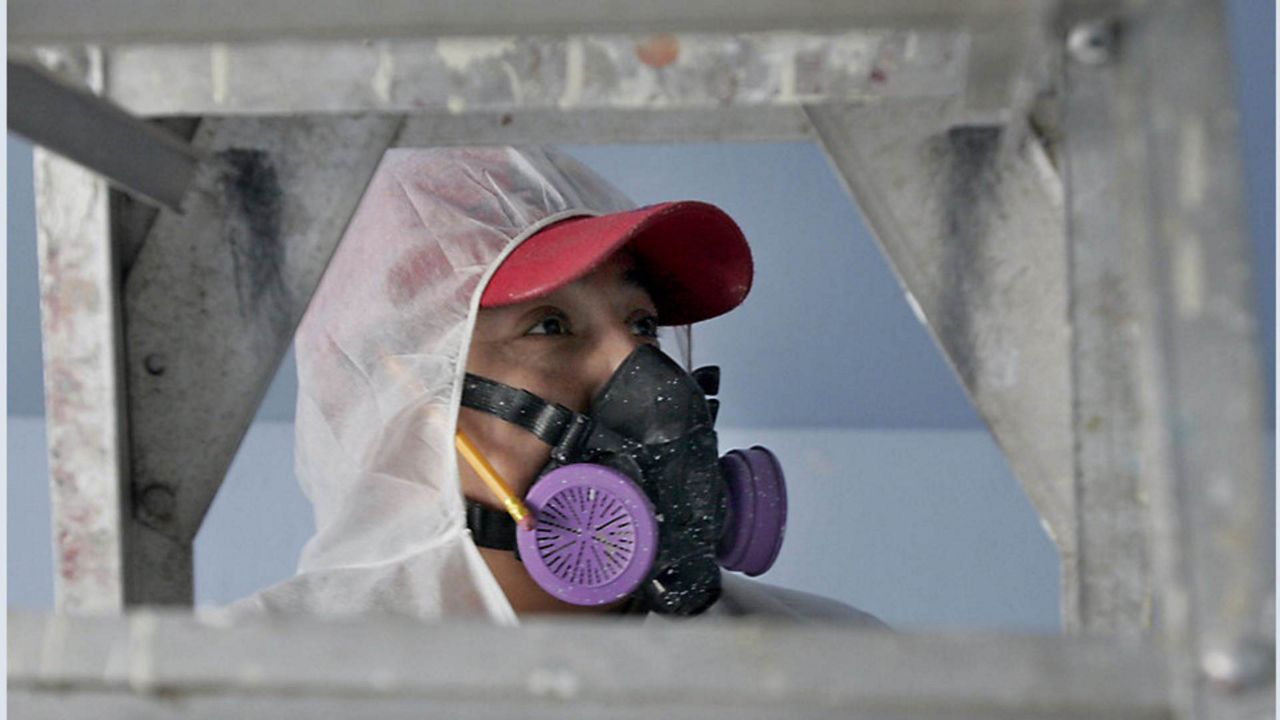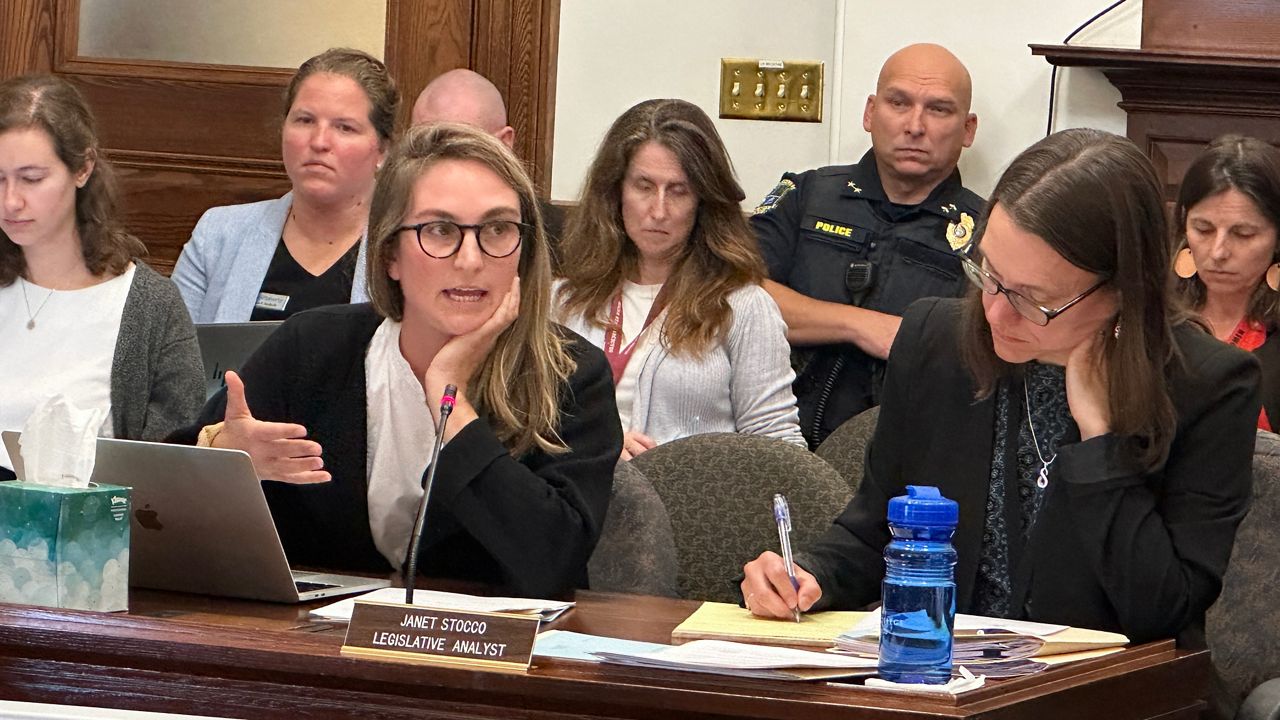A Lewiston lawmaker is hoping a steady infusion of cash to help pay for lead abatement in older homes will better protect more Maine children.
Rep. Kristen Cloutier (D-Lewiston) is sponsoring a bill to give MaineHousing $1 million a year in an ongoing appropriation for the state’s lead abatement program.
“This has been a problem in Lewiston for quite some time,” she said. “In 2019, Lewiston had the highest rate of childhood lead poisoning in the state.”
Statistics from the Maine Center for Disease Control and Prevention show significant improvement in Lewiston and Auburn, with the estimated rate of children with lead poisoning dropping from 8.9% in 2010 to 3.3% in 2020.
Along with Lewiston/Auburn, the Maine CDC has designated three other areas as high-risk for lead poisoning. In Portland/Westbrook, rates have dropped from 5.7% to 2.2%; in Biddeford/Saco from 6.2% to 4.2% and in Bangor from 4.1% to 2.3%, statistics show.
Children exposed to lead can suffer hearing and speech problems, learning and behavior problems, slowed growth and development and damage to the brain and nervous system, according to the federal Centers for Disease Control and Prevention.
Maine families who find out their children have high lead levels are often referred to the MaineHousing lead abatement program, which works closely with Maine CDC, said Erik Jorgensen, director of government relations at MaineHousing.
He said the lead abatement program launched in 2018 with $4 million in funding, all of which has been spent. State funds are often paired with federal money to help property owners pay for remediation.
That $4 million covered 204 units, including 184 that have been declared lead-safe, he said.
“Maine has some of the oldest housing stock in the country,” he said. “It’s a particularly insidious problem. New England has a lot of old houses.”
Lead was used in paint until 1978, so any home built prior to that year is likely to have at least some lead-based paint, according to the U.S. CDC.
Lead dust is often found on windows, doors, floors, porches, stairways and cabinets. Children can be exposed by breathing in lead dust or if they eat flaking paint chips, according to the CDC.
In Maine, physicians are required to test all children for lead levels at 1 year of age and again at 2 years of age. The state also offers free test kits for parents who want to check the levels in their home. The kits can be ordered on the Maine CDC website or by calling (207) 287-4311.
By making funds available for remediation, homeowners and landlords might be able to prevent children from becoming sick, according to Cloutier.
“This gets to the root cause of this,” she said. “It’s really an issue that cuts across party lines.”
The bill, LD 470, will get a public hearing before the Legislature’s Housing Committee in the coming weeks.







)

